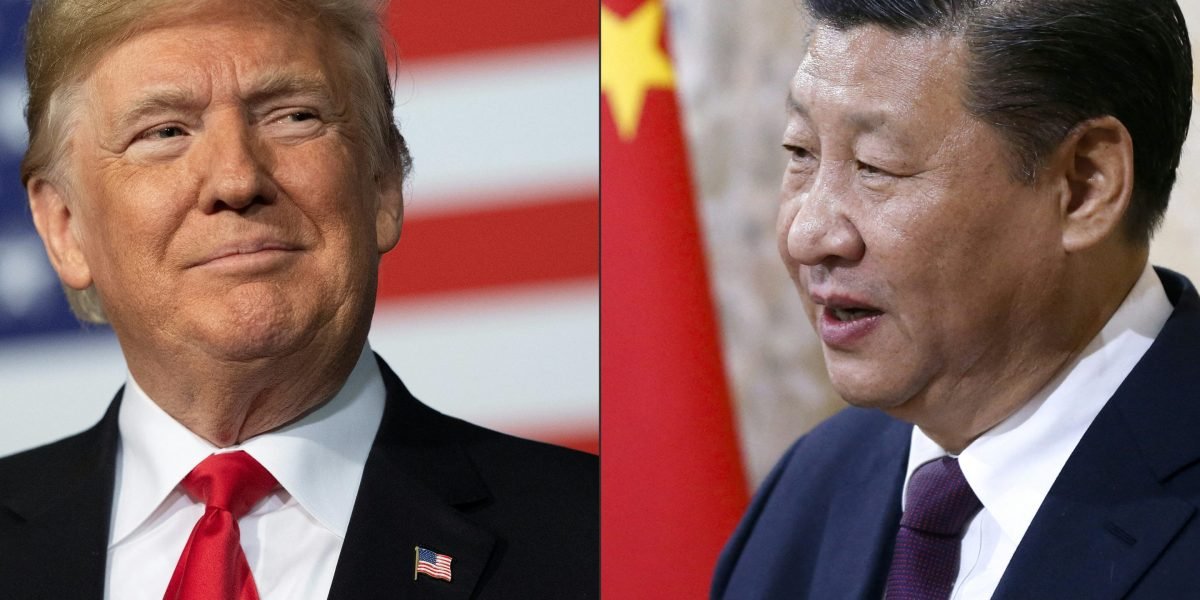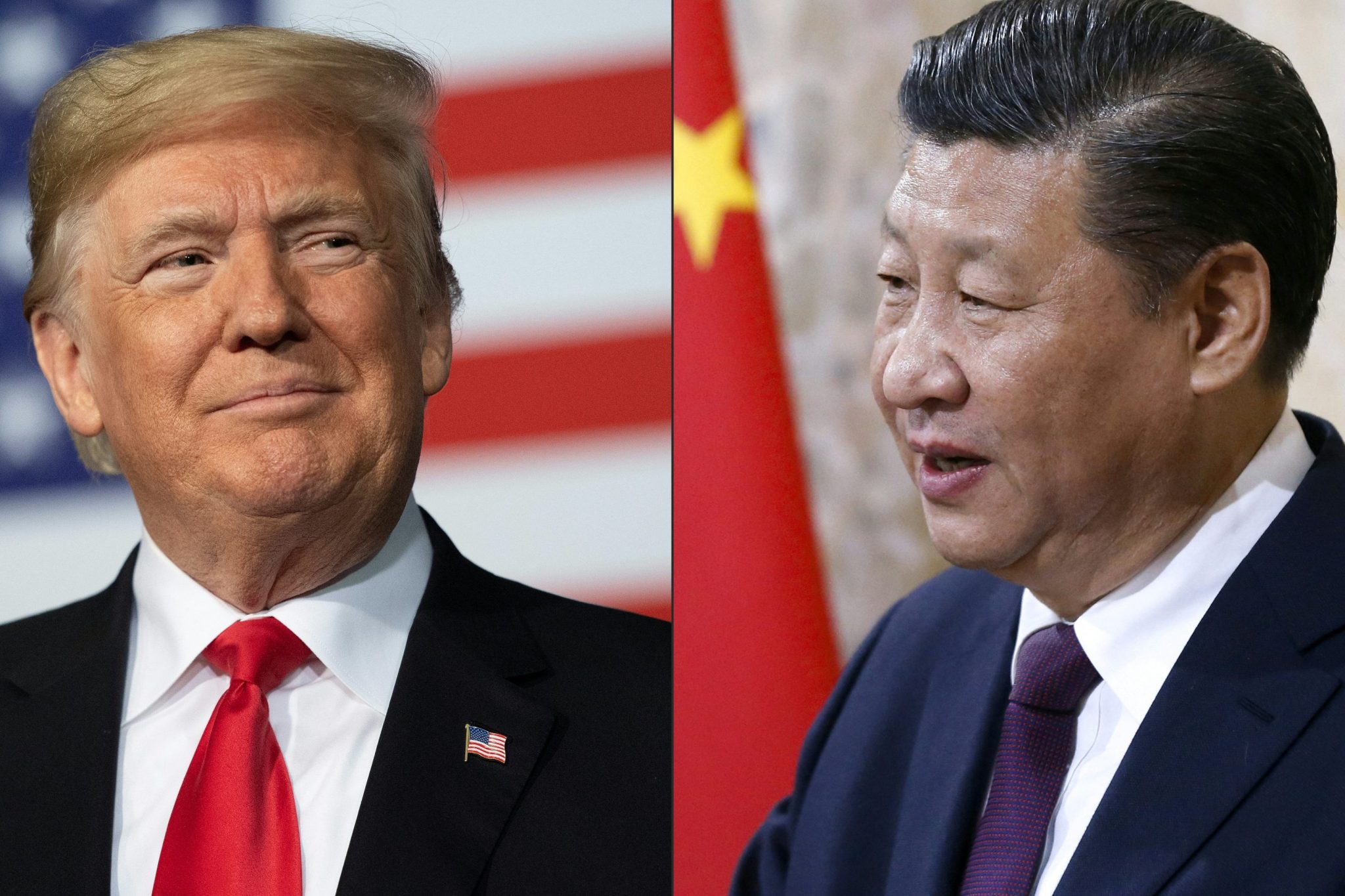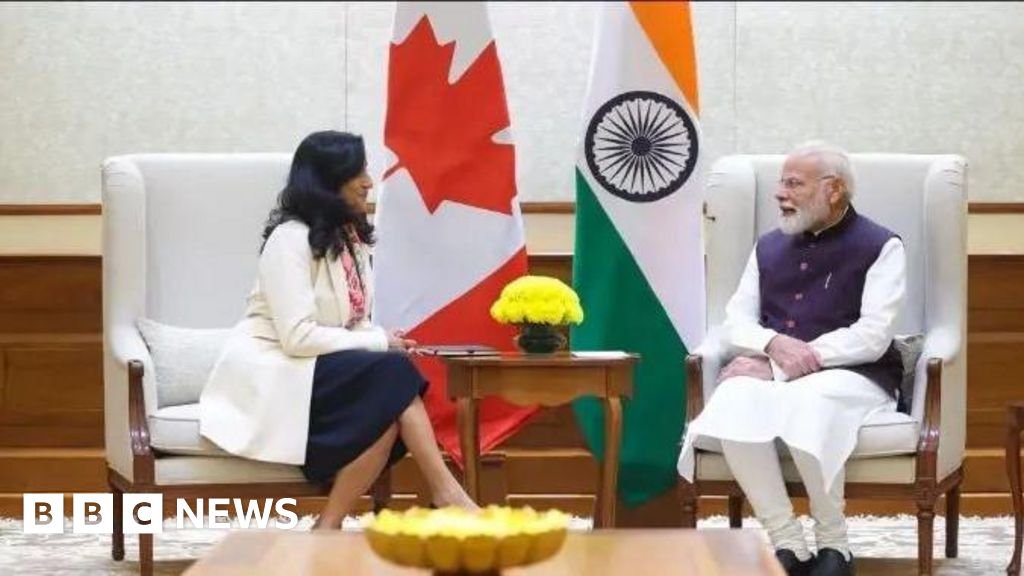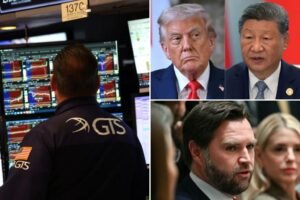
Trump bet China would face ‘enormous difficulties’ without US consumers, as Beijing focused solely on the rest of the world instead

At the start of his tariff standoff with Beijing, President Trump was confident of his strong grip. He said that the Chinese economy depends on American consumers, so it must make some concessions or risk losing them.
“China has been hit much harder than the United States, not even close,” Trump said. Books on social truthThe social networking site he owns, in April. Later that month, he acknowledged that while American shoppers may have to cut back on their consumption of Chinese products, the White House’s tariff plan It means that the Chinese government was “They are facing tremendous difficulty because their factories are not working.”
Six months later, Beijing appears to have overtaken the United States simply by focusing on increasing its exports to the rest of the world. The diversification has been so successful that the Chinese export market is actually tracking significant growth despite the trade war.
According to data from the General Administration of Customs, China’s shipments to the United States fell by 27% in September, the sixth month of double-digit declines for its most valuable customers. At the same time, it charted strong growth in regions such as the European Union (which currently operates under a 15% tariff rate from the White House), resulting in exports to non-US countries growing by 14.8%.
The shift away from the US means exports actually rose 8.3% in September from a year ago, reaching $328.6 billion, their highest total for 2025 so far.
The Chinese economy has performed better than forecasts set in April, when President Trump first announced his tariff plans. Earlier in the year, the World Bank predicted that the Chinese economy would grow by 4% in 2025, but last week… Reviewer This amounts to 4.8%. It also raised its forecast for 2026 from 4% to 4.2%.
On the contrary, In June, the World Bank lowered its forecasts For US growth by 0.9 percentage points to 1.4% in 2025.
This backdrop means that Trump’s threat last week to impose 100% tariffs on China may not have the force it once had. Having had relative success in avoiding Trump’s tariffs so far, Beijing responded He responded strongly to the Oval Office threat, calling it a “double standard.”
Official spokesman for the Ministry of Commerce He said“Threatening to repeatedly impose high tariffs is not the right approach to dealing with China. China’s position on the tariff war is consistent: we do not want war, but we are not afraid of it.”
Room for compromise
After issuing the warning – and with the two sides continuing to operate under a pause on mutual tariffs until November 10th – President Trump then sought to strike a more reasonable tone, sending futures higher as a result.
“I think we’ll be fine with China,” Trump told reporters on the plane. Air Force One yesterday afternoon. “I have a great relationship with President Xi, he’s a very strong man, a very smart man, he’s a great leader for their country and I have a great relationship with him.
“I think we’ll get it over with. I know what happened, I really understand what happened, and I’m not even saying he’s wrong. But then we confronted him with something much harder than what he did to us.”
The swing may simply boil down to showmanship, as Deutsche Bank’s Jim Reid wrote in a note to clients in the morning: “There is still plenty of time for negotiations, and I suspect the market will begin to price in a reasonable possibility of a deal once the initial shock fades.”
“For what it’s worth, PollyMarket has the odds of the two presidents meeting by October 31 at 62% this morning, down from a peak of 88% last week but up from around 35% at the lows on Friday night. So there’s an emerging belief that this is mostly negotiating tactics on both sides.”
UBS’s Paul Donovan also signaled the Oval Office’s willingness to negotiate, telling clients this morning: “Both Trump and US Vice President Vance have made conciliatory sounds that suggest there may be some sort of rollback of the original threat.”
He added: “While the United States is clearly unable to release data at the moment, the trend recently is that data from both countries shows that China sells more to the United States than the United States buys from China.” “This anomaly strongly suggests that China is redirecting its course to enable US importers to avoid some tariffs.”











Post Comment